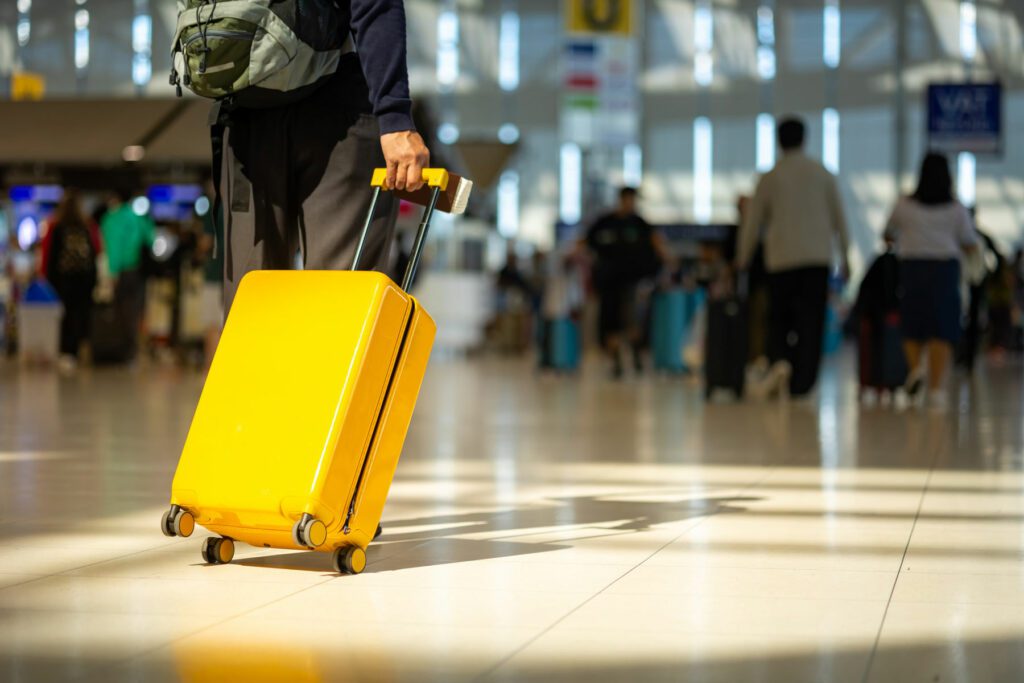Authors
The Home Office provided new guidance to help carriers understand when they may become liable for charges under Section 40 of the Immigration and Asylum Act. The guidance also covers how you can make representations to Border Force, how you can subject objections and your right to appeal decisions to the courts.
What is expected of a carrier?
You will not be required to personally satisfy that passengers will be accepted on their arrival into the UK by border authorities. This judgement can only be exercised by a UK Border Force officer, but you are however expected to ensure the following:
- Every passenger has a valid passport or travel document
- The person is the rightful holder of the passport/travel document; and
- Where an individual requires a visa, they have the appropriate visa documents.
What is a Section 40 charge and when is a charge incurred?
Under UK legislation as the owners, agents or operators of a ship or aircraft you will incur a charge of £2000 for every passenger who:
- is a visa national and does not have the appropriate documentation or visa.
- with the introduction of eVisas, a charge will not be incurred where a passenger cannot present a physical document but is able to provide a share code linked to their eVisa.
- is an unaccompanied passenger under the age of 18 travelling on a ‘accompanied child visitor’ visa.
- presents a false passport or other document where the falsity of the passport or document is reasonably
- presents a document which is genuine but does not belong to them where the dissimilarity is reasonably
- arrives with no documentation at all.
- is a Landside transit passenger and does not have the necessary documents for their final destination, or they do not depart the UK before 23:59 the day following their arrival in the UK.
A section 40 charge will not be incurred for passengers who are British or Irish citizens
How to object if a charge is imposed
You may submit a written notice of objection by email within 28 days of service of the “Notification of Demand for Payment”. This will be considered by the Carriers Liaison Section and a decision will be communicated to you within 70 days of service of the “Notification of Demand for Payment”.
When making such an objection you should ensure that you provide as much detail and supporting evidence as possible.
Should you objection be refused then you may be able to submit an appeal to the courts.
What steps should be taken to avoid a Section 40 fine?
All staff involved in the check-in, bag-check and boarding aspects of your service need to be made aware of Section 40 and the substantial impact it could have on them and the business.
Staff should be trained to further assess travel documentation. To ensure you do not receive a Section 40 fine, these members of staff should ask the following questions:
- Does the passenger have an acceptable document?
- Is the document genuine and held by the rightful holder?
- Is the passenger a visa national? If so, have they produced the correct visa documents?
Spot checks should also be carried out to ensure that staff are readily complying with this training and conducting their duties in line with the requirements prompted by Section 40.
If you wish to discuss the contents of this article, please contact Lynsey Blyth.
Authors
Employment law insights webinar: navigating change and compliance
We are excited to invite you to our upcoming webinar, where we will delve into critical updates and changes in employment law that are essential...



